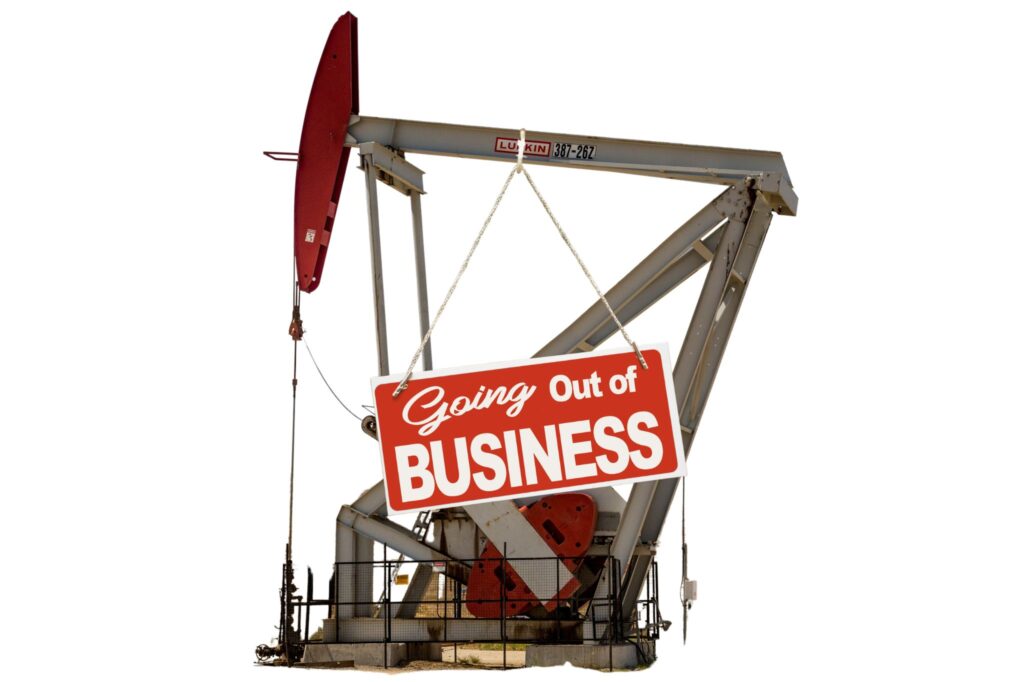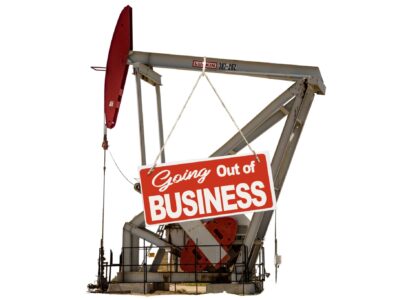Picture the scene: California’s Monterey County, with its picturesque landscapes, is also the battleground for a legal tug-of-war over the future of oil and gas drilling. Last August, the California Supreme Court weighed in, tipping the scales in a case that had Chevron and local environmentalists on edge. The court decided that Monterey County couldn’t put the brakes on new oil and gas wells, even though the voters wanted it that way. This wasn’t just about the San Ardo Oil Field, folks. It was a much bigger deal, with implications for local governments all over the Golden State looking to curb fossil fuel extraction.
AB 3233: Dawn Addis’ Legislative Response
Enter Assembly Bill 3233, fresh out of the legislative oven last Friday, courtesy of Assemblymember Dawn Addis. This new bill could be a game-changer. It aims to clear up any confusion about the role local governments play in phasing out fossil fuels in California. AB 3233 is straightforward: it says localities can put limits or even outright bans on certain oil and gas extraction methods. Plus, it nudges the State’s Oil and Gas Supervisor to minimize the harm these activities can cause. It’s a bold move to reaffirm local control and push back against the fossil fuel industry’s legal muscle-flexing.
Dissecting the Chevron v. Monterey Ruling
Let’s break down what the California Supreme Court said in the Chevron, U.S.A. v. County of Monterey case – and just as importantly, what it didn’t say. The court looked at Measure Z, a local ordinance that aimed to phase out certain oil production methods in Monterey County. The court’s verdict? Measure Z clashed with state law because it messed with the state’s authority to green-light oil and gas exploration methods on a case-by-case basis.
The court’s decision hinged on the idea that Measure Z wasn’t just about where oil operations could happen but how they were conducted. The ruling acknowledged that Measure Z seemed to regulate the location of oil production, but it went deeper, saying that the measure essentially phased out specific oil production techniques already in use. The court also noted that Measure Z labeled new drilling as risky, hinting that the ordinance was more about regulating operator conduct than just zoning.

Now, when it came to broader zoning laws that might ban oil operations entirely, the court didn’t take a stand. They left the door open for local entities to regulate the location of oil drilling operations through proper zoning restrictions, without expressing any opinion on the matter.
The Aftermath: Legal Maneuvers and Local Authority
Since that ruling, oil and gas companies have been on the offensive, twisting the Chevron v. Monterey decision to suit their needs. They’ve been using it to challenge everything from permit conditions to broader phase-out measures. But let’s be clear: this isn’t just about legal technicalities. It’s about the power of local governments to address issues like environmental justice and to protect their communities from becoming dumping grounds for polluting industries.
Assemblymember Addis’ AB 3233 is a direct counter to these aggressive legal tactics. It’s a declaration that local regulations, driven by local concerns, should not be bulldozed by the oil industry’s interpretation of the Chevron v. Monterey decision.
AB 3233: The Path Forward for Local Regulation
AB 3233 is more than just a clarification; it’s a reinforcement of local government powers that have been recognized since the 1950s. It boldly states that local entities can ban or limit oil and gas operations, taking a stand against the Court’s confusing distinction between “methods and practices” and location.
Moreover, the bill would amend the Public Resources Code to emphasize the protection of California’s environment and natural resources, aligning state law with the state’s climate goals. It also aims to dismiss the myth of a “dual mandate” that requires CalGEM to approve oil extraction while protecting the environment. AB 3233 makes it clear that there’s no such mandate, pushing back against arguments that CalGEM must issue permits for oil drilling.
California’s fight against climate change has seen its share of setbacks, like the SB 1137 referendum and the CARB’s reluctance to support a statewide 2045 phase-out. That’s why local governments have had to step up to the plate. AB 3233 is designed to shield these municipalities from frivolous lawsuits, empowering them to continue leading the charge toward the state’s climate objectives.
Conclusion: AB 3233’s Role in California’s Climate Future
In the end, AB 3233 represents a crucial step for California. It’s about reaffirming the power of local communities to decide their environmental destiny. It’s about making sure that the state’s climate policies aren’t just empty promises but actionable plans that empower every level of government to make a difference. With AB 3233, California has a chance to stand up for its air, water, environment, and natural resources, and to show that when it comes to the fight against climate change, local action matters.
